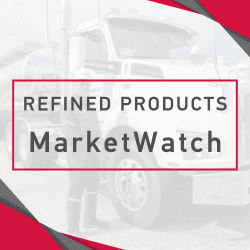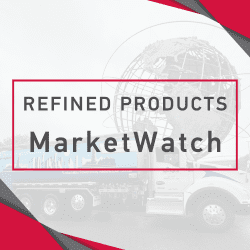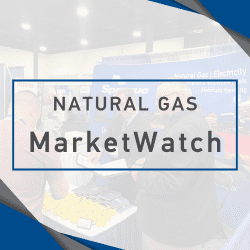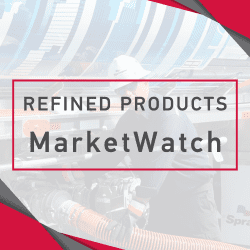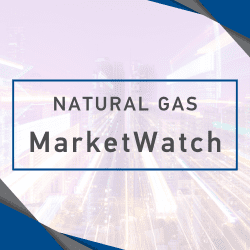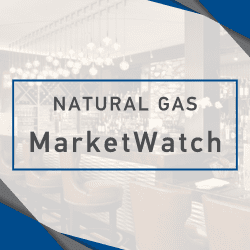In today’s energy landscape, the term “bio” is more relevant than ever. Yet there is still much to communicate as biofuel mandates and regulatory updates continue to evolve across the region. With higher blend requirements expected in the coming years, Sprague remains dedicated to keeping our customers informed, compliant, and ready for what’s ahead.
As we adapt to these sustainable energy changes, it’s important to recognize that the benefits extend beyond cleaner-burning fuels — they also contribute to the broader well-being of our communities, from improving air quality to enhancing public health. In this blog, we’ll take a step back to explore the bigger picture of biofuels and renewable fuels — and how adopting more sustainable energy practices offers benefits that go far beyond simply appealing to environmental standards.
Bio Mandates: What to Expect
For over 155 years Sprague has been a leader in helping our customers evolve with sustainable energy resources. In 2022, we worked closely with customers in states that had adopted bio-blend mandates, helping them stay informed and compliant with these regulations. Now, just a few years later, we are seeing another increase in minimum heating oil blend requirements in New York, Connecticut, and Rhode Island — all states where Sprague operates multiple terminals.
It’s important to note that biofuels are not restricted to the transportation sector alone. Increasing volumes of biodiesel are being consumed in the residential, commercial, and electric power sectors as well. The graph below demonstrates the staggering increase in biodiesel consumption across multiple sectors over the last two decades.
According to recent EIA data, New York holds the highest level of biodiesel consumption in the residential and commercial sectors. The state passed the nation’s first law requiring a 2% biodiesel blend with heating oil in 2012, and ten years later, it went up to a 5% minimum. Now, in 2025, New York anticipates a jump to a 10% blending requirement on July 1st, which will be followed by a 20% mandate in 2030.
Connecticut and Rhode Island will also adhere to the upcoming July 1st, 2025, increased bio mandate. Their forecasted mandates are as follows:
Connecticut:
2022: 5%
2025: 10%
2030: 15%
2034: 20%
2035: 50%
Rhode Island:
2022: 10%
2025: 20%
2030: 50%
While we recognize that legislative processes can be unpredictable, Sprague is committed to keeping our customers and partners informed of any potential changes. As a business owner, you shouldn’t have to worry about surprises or volatility impacting your business operations. Our focus remains on providing timely energy solutions, so you can stay focused on what matters most — keeping your customers satisfied and loyal.
Cleaner Air, Healthier Communities
So, you meet your state’s mandates — now what? It’s well known that sustainable bio and renewable fuels reduce greenhouse gas emissions compared to traditional fossil fuels, but what does that mean for you and your community? Fortunately, the benefits of renewable fuels extend beyond regulatory compliance and business goals — they help build a better quality of life.
When Sprague launched the first renewable diesel fuel station on the East Coast, we aimed to address the challenge of reducing transportation emissions. With transportation being the largest contributor of greenhouse gas emissions in the U.S., we offered a seamless solution that significantly reduces greenhouse gases, particulate matter, and NOx emissions.
The launch of our RD retail station was especially impactful in the Bronx, where asthma rates among adults and children are among the highest in New York City, with Hunts Point being one of the most affected neighborhoods. Based on recent data, the Hunts Point neighborhood in the South Bronx has youth asthma rates 2.5 times higher than the New York City average.
Breathing in air polluted with particle matter and carbon emissions can trigger asthma attacks in those who have asthma, while long-term exposure to air pollution can significantly increase the risk of a child developing asthma. By providing renewable fuel solutions that generally contribute less to air pollution, we can directly help to lessen these risks in our communities.
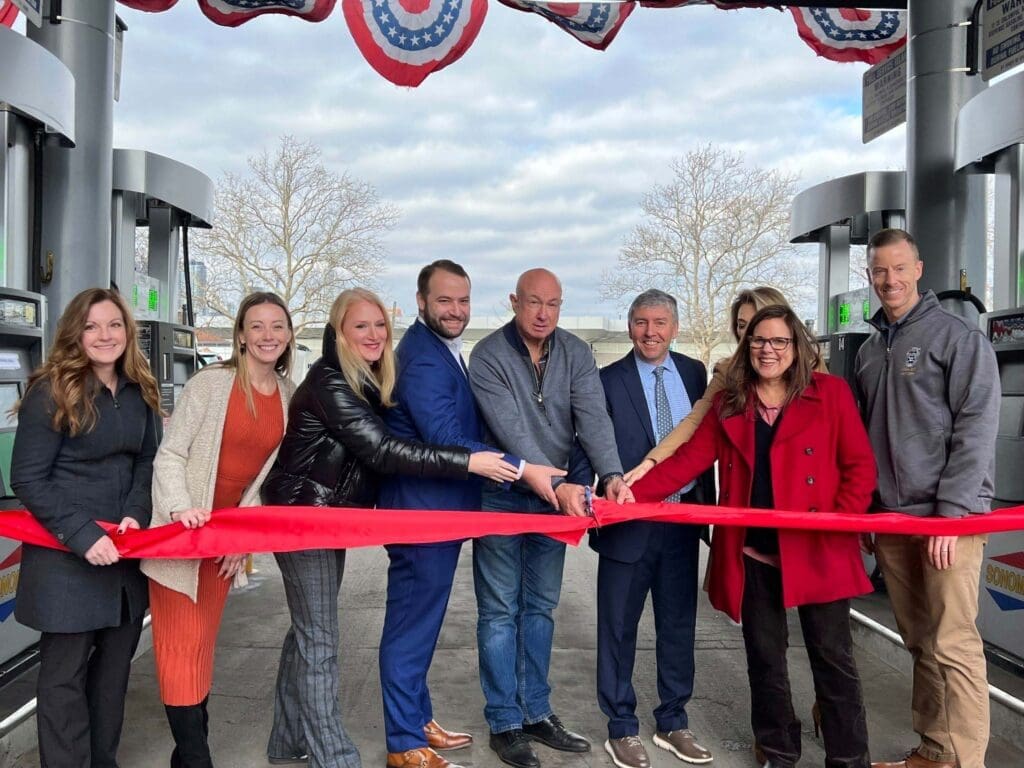
“The next generation of children that are going to be born and raised in this community should be afforded cleaner air [and] should be able to not have to suffer from asthma” shared Miguel Calderon of Urban Health Plan during Sprague’s Hunts Point station ribbon-cutting event.
Increased accessibility is not the only piece of the puzzle, renewable diesel requires no infrastructure changes to your engine/equipment, and can be blended with other diesel, making it as seamless as possible for people to adopt on the spot. Expanding access to cleaner fuel options in the communities that need them most can help set a new standard for sustainable energy solutions nationwide.
Not sure about the difference between biodiesel and renewable diesel? Check out our blog, What is the Difference Between Renewable Diesel and Biodiesel? to explore their key differences – and similarities!
Moving Forward Together
As renewable fuel standards continue to evolve, the transition to cleaner energy is no longer a distant goal — it’s happening now. By staying informed, adapting to new requirements, and embracing sustainable practices, businesses can help drive meaningful change, not just for their operations, but for the communities they serve.
At Sprague, we are proud to support our customers through every step of this transition, providing the guidance, resources, and reliable energy solutions needed to thrive in a cleaner, healthier future. Together, we can create lasting impacts that extend far beyond today’s mandates — building stronger businesses, healthier communities, and a more sustainable tomorrow.
Check out some of our other major sustainability wins from recent years below, and reach out to let us help you reach your sustainability goals.
New York’s First Solar Tank
Renewable Diesel Launch at Sprague’s Albany Terminal
Driving Towards a Greener Future with Electric School Buses


